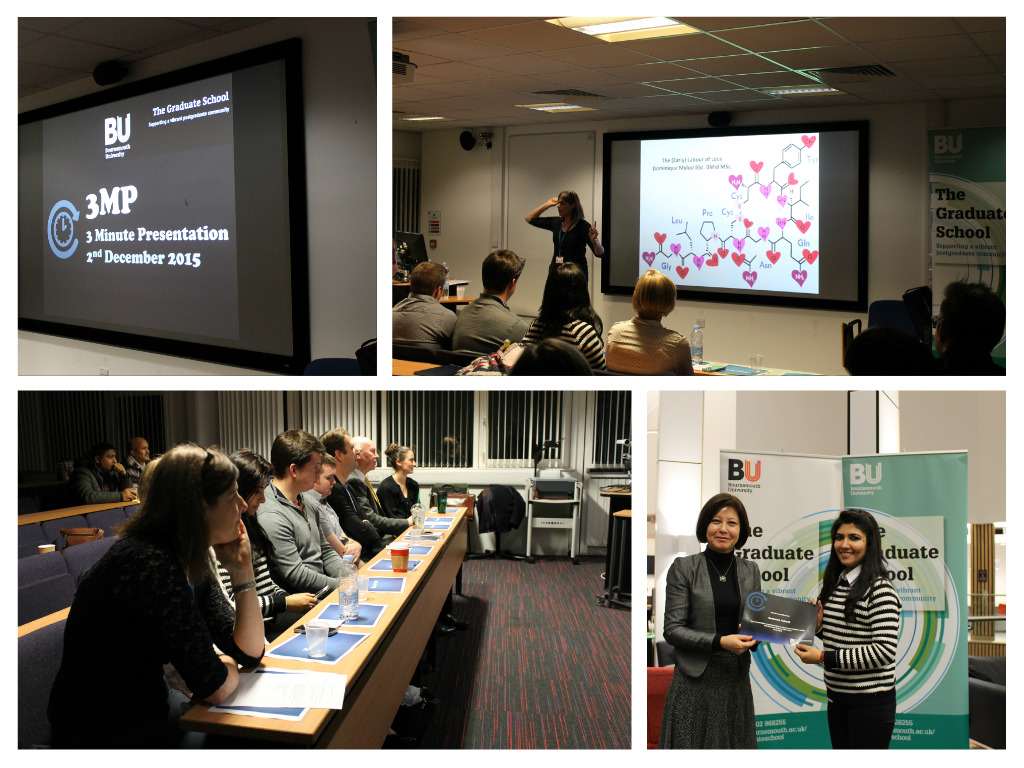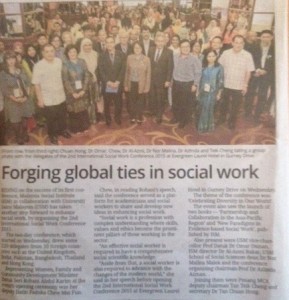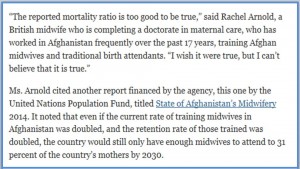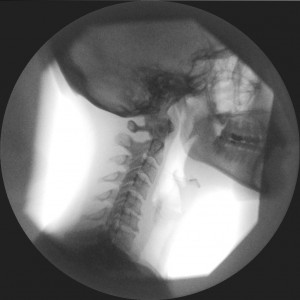Communicating Research
FMC Cross-Departmental Seminar Series 2015-16
Time: Wednesday, 9th December, 3-5 pm
Venue: The Screening Room W240, Weymouth House, Talbot Campus.
3-4pm: A Politics and Media Research Centre event:
Dr Jen Birks. University of Nottingham
Adapting to dominant news narratives: tax ‘fairness’ as a Trojan horse for anti-austerity politics
Over the past five years the issue of tax avoidance has broken through into mainstream news media and public debate, after many years in which the campaigning efforts of NGOs, trade unions and a few investigative journalists were met largely with indifference. Protest group UK Uncut have been widely credited with increasing public engagement in the issue. News routines are less reliant on official and elite sources than in the past, and protesters less universally delegitimised in dominant news discourse, but the political claims of social movements still tend to be neglected or reduced to vague or naive opposition. UK Uncut were conscious of the common pitfalls and attempted to fit their own framing of the issue into existing news frames. In presenting a practical alternative to cuts, they hoped to substantiate an argument against the broadly accepted ‘necessity’ of public spending cuts, smuggling an oppositional claim inside a familiar narrative.
Their framing of the issue in terms of compromised political interests and ‘fairness to taxpayers’ fitted with dominant news narratives and was widely adopted by other sources, including the Public Accounts Committee, and by journalists, but generally in terms of individual and organisational wrongdoing and self-interest rather as a systemic critique. This did little to challenge or disrupt the overarching dominant narrative of fiscal crisis, necessary cuts, and even of fair tax as low tax. However, the playful performativity of the protests themselves – although part of an activist repertoire, risking distancing themselves from the mainstream – were successful in achieving some limited press coverage of the cuts that they claimed could be prevented by corporations paying their ‘fair share’, but those arguments were not picked up by other voices.
This paper analyses the extent to which this ‘adaptation’ approach to news framing (Rucht 2013) or intervention in dominant narratives (Hirschkop 1998) was successful in advancing political claims and objectives, and whether this case supports the contention that strategically performative and rhetorical interventions in the public sphere can compensate for marginality and lack of discursive power.
Jen Birks is an Assistant Professor in the department of Culture, Film and Media at the University of Nottingham, where she teaches political communication and public cultures. She is the author of News and Civil Society (Ashgate 2014).
4-5pm A Narrative Research Group Event
Wednesday 9 December, 4pm
In the second of two special sessions focusing on the international research of Bournemouth academics, Drs Richard Berger and Peri Bradley will be presenting research recently delivered at the 2015 Popular Culture Association Conference.
Richard Berger – Activating Kafka: the double-logic of an adaptation.
In 1962 Orson Welles’ adaptation of Franz Kafka’s novel, The Trial, was released to lukewarm reviews. However, right up until his death in 1985, Welles persisted in telling interviewers that The Trial was his greatest film. In 1993, Harold Pinter again adapted the work for film – this time more ‘faithfully’ – and Welles earlier version was drawn back into a critical sphere where it was re-appraised as the definitive Kafka on screen. Far from straying too widely from Kafka’s seminal novel, Orson Welles in fact had a profound understanding of the German-speaking Czech writer’s work, and the his dark nightmarish humour. From Citizen Kane to Chimes at Midnight, the ‘utterance’ of Kafka is visible across all of Welles’ work, which has served to further Kafka’s paratextual ‘afterlife’.
Peri Bradley – Camping Out With Lady Gaga: An Investigation of the Political Potential of Female Camp Performance.
This paper explores the under-researched area of female camp, its relationship to feminism, and its political possibilities for women specifically. Previous studies of Camp and Camp performativity have relied on issues of sensibility and minority positioning – such as Sontag and Isherwood – but here I hope to expand on this original concept to provide a more inclusive definition of Camp that investigates the notion of female Camp as part of a historical and archetypal tradition present in both US and UK media that brings Camp and Camp performance out from the cultural periphery and into the mainstream in a positive – rather than negative way.
*This session will be followed by a festive book launch celebrating a number of recent publications by NRG members. Drinks and nibbles will be served in DG68 from 5-7pm, all very welcome.
About the series
This new seminar series showcases current research across different disciplines and approaches within the Faculty of Media and Communication at BU. The research seminars include invited speakers in the fields of journalism, politics, narrative studies, media, communication and marketing studies. The aim is to celebrate the diversity of research across departments in the faculty and also generate dialogue and discussion between those areas of research.
Contributions include speakers on behalf of
The Centre for Politics and Media Research
The Centre for the Study of Journalism, Culture and Community
Narrative Research Group
Journalism Research Group
Advances in Media Management Research Group
Emerging Consumer Cultures Research Group
Public Relations Research Group










 I had the opportunity to organise a research dissemination event for our Digital Media Design Undergraduate students, opening the event to MA and PhD students. Different topics were presented with touching points of debates centred on “Arts design practice and politics of digital media. Dr. Veronica Barassi (Goldsmith), Paula Callus (BU) and Dr. Daniel Ploeger (Royal Central, School of Speech and Drama) were invited to present their research in front of undergraduate students, master and PhD students; as result a kaleidoscopic afternoon spent with our students, unfolded a common ground both in methodology and critical approach. Looking at media from cultural studies, anthropologic and artistic point of views was of great help to empower students’ willingness to create cultural links to their practice but also to feel part of an active and critic citizenship where a global culture is promoted continuously.
I had the opportunity to organise a research dissemination event for our Digital Media Design Undergraduate students, opening the event to MA and PhD students. Different topics were presented with touching points of debates centred on “Arts design practice and politics of digital media. Dr. Veronica Barassi (Goldsmith), Paula Callus (BU) and Dr. Daniel Ploeger (Royal Central, School of Speech and Drama) were invited to present their research in front of undergraduate students, master and PhD students; as result a kaleidoscopic afternoon spent with our students, unfolded a common ground both in methodology and critical approach. Looking at media from cultural studies, anthropologic and artistic point of views was of great help to empower students’ willingness to create cultural links to their practice but also to feel part of an active and critic citizenship where a global culture is promoted continuously. In August we shared the exciting news that the Emotional Processing Scale had been published by Hogrefe after over 12 years of development. Please see the previous post
In August we shared the exciting news that the Emotional Processing Scale had been published by Hogrefe after over 12 years of development. Please see the previous post 










 New CMWH paper on maternity care
New CMWH paper on maternity care From Sustainable Research to Sustainable Research Lives: Reflections from the SPROUT Network Event
From Sustainable Research to Sustainable Research Lives: Reflections from the SPROUT Network Event REF Code of Practice consultation is open!
REF Code of Practice consultation is open! ECR Funding Open Call: Research Culture & Community Grant – Apply now
ECR Funding Open Call: Research Culture & Community Grant – Apply now ECR Funding Open Call: Research Culture & Community Grant – Application Deadline Friday 12 December
ECR Funding Open Call: Research Culture & Community Grant – Application Deadline Friday 12 December MSCA Postdoctoral Fellowships 2025 Call
MSCA Postdoctoral Fellowships 2025 Call ERC Advanced Grant 2025 Webinar
ERC Advanced Grant 2025 Webinar Update on UKRO services
Update on UKRO services European research project exploring use of ‘virtual twins’ to better manage metabolic associated fatty liver disease
European research project exploring use of ‘virtual twins’ to better manage metabolic associated fatty liver disease